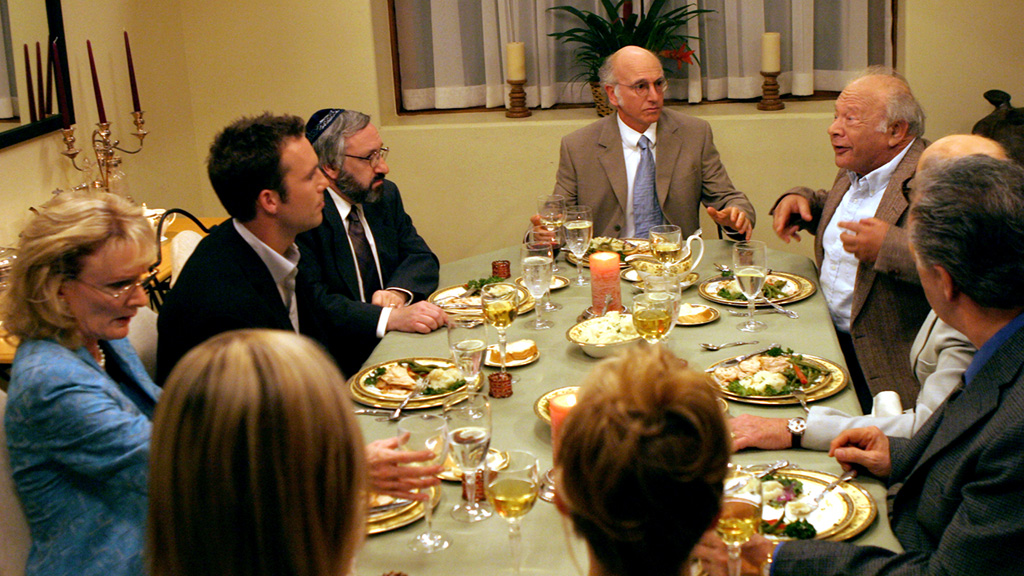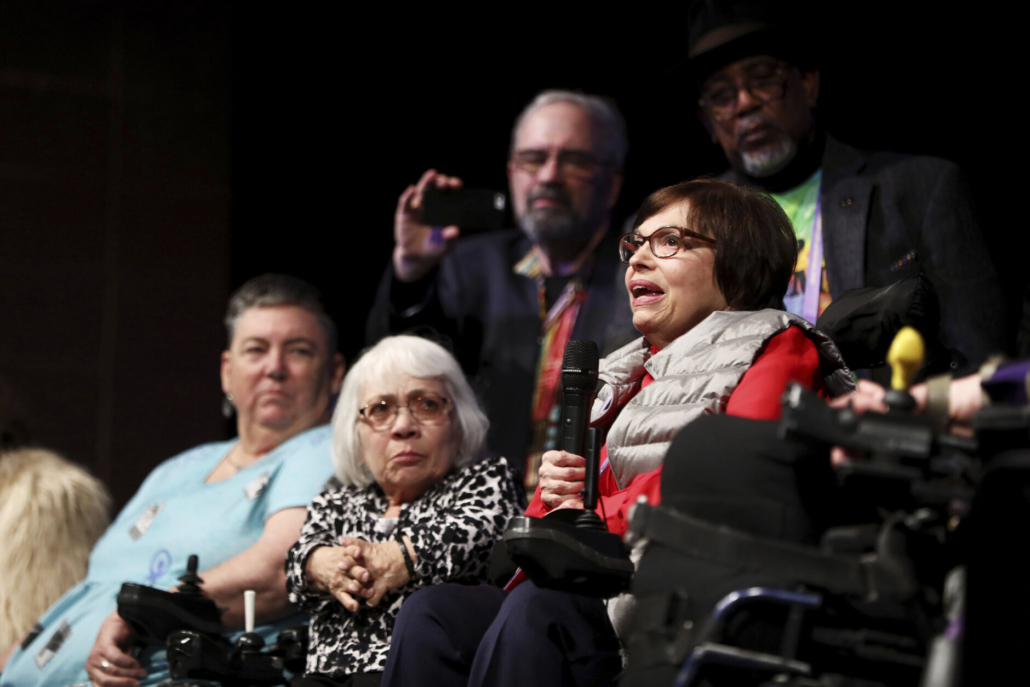This is the time of year that people either look forward to or dread seeing their families with Thanksgiving, Hanukah and Christmas in the holiday line-up for the next month. In my family, we joke that “family” is the other “f” word. If you ask adults and children for what are they thankful, many will respond “family.” For some though, that is a more nuanced issue and our torah portion gives us some parallels and perhaps some perspective.
This week’s Torah portion, Vayishlach, centers on Jacob encounter with his twin brother Esau. This is their first encounter since Jacob ran away to their mother’s family to escape Esau’s wrath at having had their father’s blessing deceitfully stolen from him. In advance of the encounter, Jacob divides his entourage and sends emissaries with all kinds of livestock as gifts or tribute. From our perspective, Jacob has every right to be fearful, many years have passed and the brothers have not made peace with each other.
The early Rabbis disagree on whether Jacob should have appeased Esau. Even some later scholars, such as Sforno (16th century), say that Jacob was “like a reed, able to bend in the wind, rather than a cedar which is strong but can be uprooted by a strong wind” (Ta’anit 20a) in contrast to Nachmanides who believes Jacob should have acted with strength not weakness. For them, these brothers represented warring nations and the dilemma is really how best to make a lasting peace treaty. To what extent is the more powerful thing to do to compromise or to stand firm? Is the answer the same when we narrow our lens and look at families?
There are many families like our ancestors, who experience a major (or minor) hurt that causes a major rift, and a family break occurs. The family gathers for Thanksgiving, all except for the family member who was hurt or caused the hurt. In fact, each party may have a grievance with the other. Who should make the first move to repair the relationship? Does it really matter who apologizes? Like Jacob, can’t we wrestle with our resistance to let go of the hurt and prevail? Can we be at peace if we are not at peace with others? Some hurts can not be reconciled so easily, and carrying the pain is a very heavy burden. Sometimes being at peace with ourselves requires us to let go of those relationships completely.
Thanksgiving is a perfect to time to begin a practice of opening our hearts, becoming more accepting of others, and becoming less judgmental. We can expand our families and “adopt” new family members offering love, hospitality and peace.
JoHanna Potts




